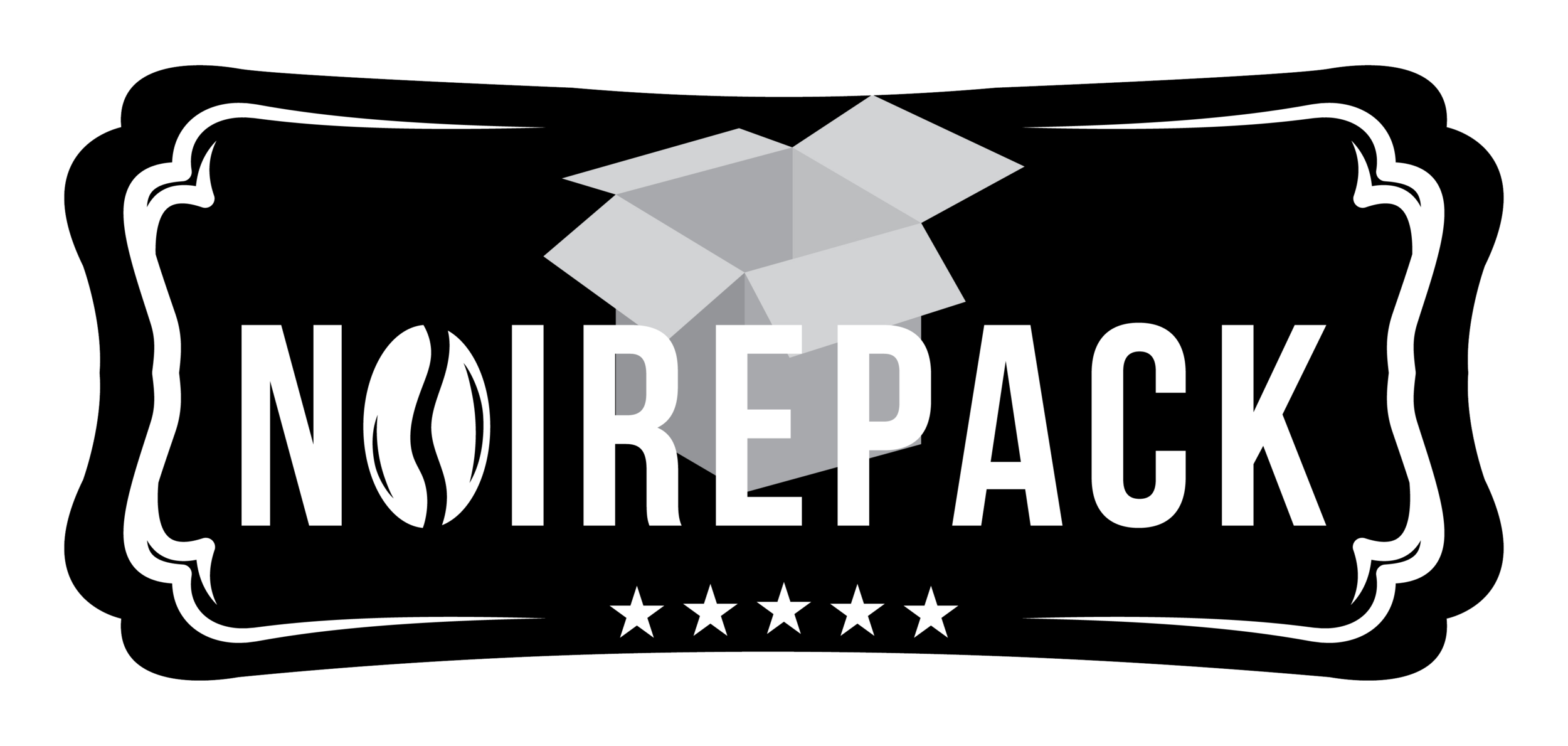East African Connection - Kenya
If you are a College track coach looking to get your school recognized and earn some gold medals, look no further than Kenya. Kenya produces some of the fastest distance runners in the world. For instance, "Kenyan Wilson Kipsang won this year's Berlin Marathon in 2 hours, 3 minutes and 23 seconds — an average of 4:42 per mile. It was easily the fastest marathon time ever recorded, an incredible feat for another powerful Kenyan runner" 4:42 per mile, can you imagine? I'm an avid runner and my fastest time in High School was 4:38 mile, and I was dead after that. I couldn't imagine running that 26 times.
Many scientists and sports gurus have tried to crack the code and figure out what made Kenyan runners fast. They discovered that all these runners are from one tribe of Kenyans known as the Kalenjin. They are about 5 million, a small minority in Kenya, but they dominate the long-distance world. These scientists and sports gurus have proposed that the Kalenjin powers on the track lie on their high-starch diet, the altitude, and socioeconomics, but this is as far as they've gone. It remains a mystery.
Kenya's coffee, like its world-class runners, is the best in its class. Like the Arabian Mocha and the Ethiopian Harrar to the north, Kenyan coffee has a rich, distinctive dry, winy aftertaste with a full-bodied richness that Ethiopians and even Mocha lack.
Coffee growing in Kenya came a little late here. Although they are only a few miles from Ethiopia and Yemen, coffee was introduced to Kenya in 1893 by missionaries trying to import Bourbon coffee from Brazil.
The Coffee industry in Kenya was not vibrant until after the Mau Mau war, which lasted about eight years from 1952-1960. Following their independence from the British Empire, Kenyans were allowed to grow coffee. Now their coffee industry is even more modern and efficient than some of the South and Central American producers.
Kenya's coffee-growing regions stretch south from the slopes of 17,000 – foot Mt. Kenya reaching Nairobi, -Kenya's capital city. There are also smaller coffee areas on Mt. Elgon's slopes on the borders between Uganda and Kenya. Most Kenyan coffees that you see in stores originate from the central region around Mt. Kenya.
Kenya coffee is sold based on the grade given by the bean's size: AA is the largest, followed by A and B.
For those of you searching for the finest, striking, and unusual fuller body and more intense than Yemen Mocha, treat yourself with a cup of Boon Boona Coffee's KII- Kenya. You can find it here at NoirePack.com.




